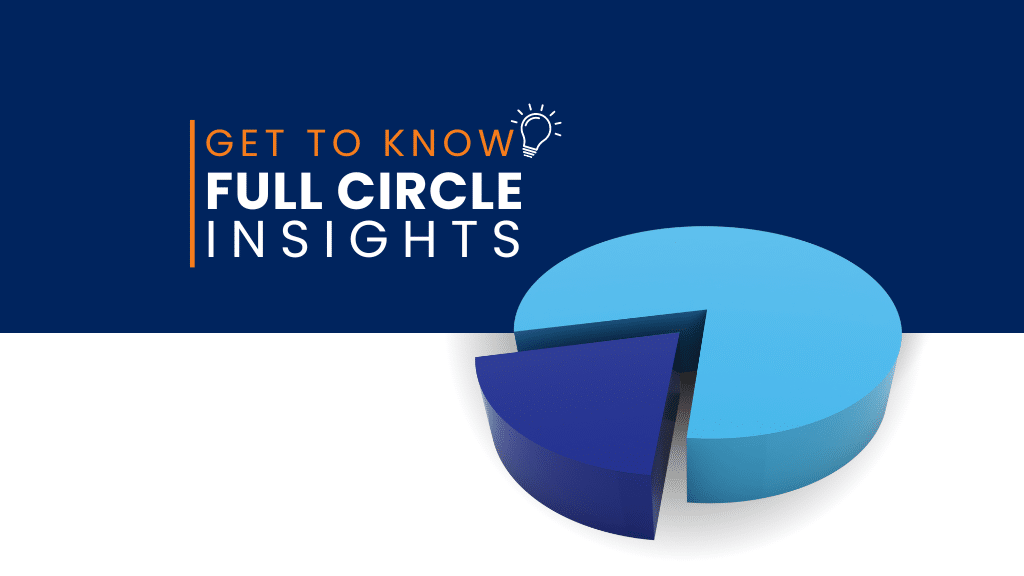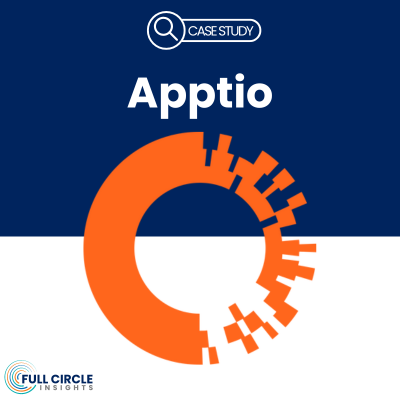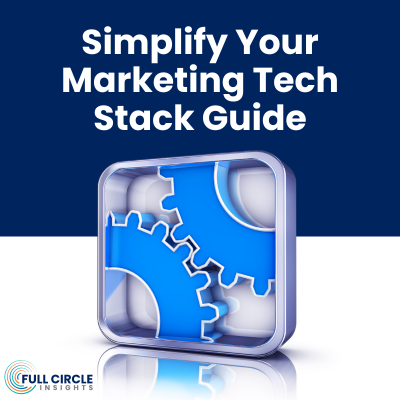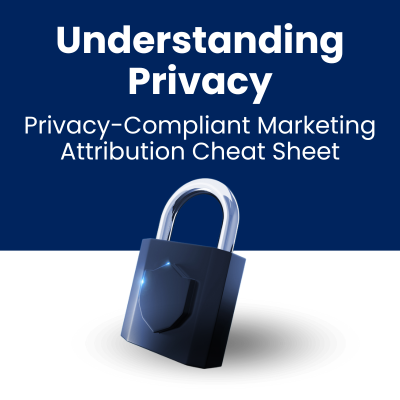Your Salesforce Funnel Attribution Model is Broken: 5 Reasons Why
Salesforce funnel attribution is a marketers roadmap to understand what works and what doesn’t in their campaigns, making it absolutely vital to planning. The benefits of a comprehensive marketing attribution strategy are undeniable. It provides a holistic view of the customer journey and behaviors, aids in streamlined budget allocation, and enhances customer retention rates. Yet many businesses struggle with broken marketing and sales attribution systems because they fail to deliver accurate insights.
Let’s take a closer look at the reasons why your Salesforce funnel attribution strategy is broken and how it might be hindering your marketing success.
The Power of Attribution
Before we dive into its pitfalls, let’s revisit the power of marketing attribution.
Comprehensive Understanding of the Customer Journey
Attribution allows marketers to gain insights into every user interaction leading to conversion. It sheds light on how different channels contribute to revenue generation, offering a 360-degree view of your customer’s journey. This knowledge is crucial for optimizing your marketing strategy.
Informed Budgeting
Marketing attribution takes the guesswork out of budget allocation by providing a clear understanding of how various efforts perform. This intelligent approach enables businesses to invest their resources where they are most likely to yield returns, and optimize their marketing budgets.
Increased Customer Retention
In a time when one in three customers experiences post-purchase dissonance, attribution is critical for reducing buyer’s remorse and making happy customers come back for more. Attribution shows you which marketing and sales strategies encouraged customers to repurchase and upgrade their purchases.
Enhanced Insight Into Customer Behavior
With proper attribution, marketers better understand customer behavior. When you know your customers, you can tailor and personalize marketing and sales content and tactics, which leads to more effective outcomes.
5 Reasons Why Your Salesforce Funnel Attribution Model is Broken
Despite the numerous benefits of Salesforce funnel attribution, many businesses struggle with broken attribution systems. In fact, according to McKinsey, fewer than one in five top marketing executives have a strong understanding of how their campaigns perform.
Here are some common mistakes that might be plaguing your attribution strategy:
- You’re too reliant on last-click attribution
- You’re ignoring offline conversions
- You’re leveraging only one attribution model
- You’re forgetting about assisted conversions
- You’re not tracking omnichannel and cross-device attribution
1. You’re Too Reliant on Last-Click Attribution
Last-click attribution, while common in pay-per-click advertising, oversimplifies the customer journey. Relying solely on the last touchpoint neglects the contribution of other marketing touchpoints, leading to a biased understanding of ROI and ineffective allocation of marketing resources.
2. You’re Ignoring Offline Conversions
Offline touchpoints can significantly influence online buying decisions, yet many marketers fail to incorporate them into their attribution models. Utilizing omnichannel analytics tools helps bridge the gap between online and offline channels, providing a more comprehensive view of the customer journey.
3. You’re Leveraging Only One Attribution Model
Using a single attribution model is a major problem. Each model has its strengths and weaknesses, and relying on only one can result in incomplete or inaccurate data. That’s why it’s important to understand different attribution models and choose ones that align with your business goals and audience behavior.
4. You’re Forgetting About Assisted Conversions
Assisted conversions are often overlooked in attribution models. Using multi-touch attribution models to assign value to each touchpoint and acknowledging the role of assisted conversions in the customer journey is crucial for a more accurate understanding of marketing effectiveness.
5. You’re Not Tracking Omnichannel and Cross-Device Attribution
Failing to track customer interactions across multiple devices and channels leads to incomplete attribution. This oversight can cause marketers to miss out on understanding the complete customer journey, hindering their ability to make informed decisions.
Why Your Salesforce Instance Isn’t Helping Marketing Attribution
While Salesforce is a powerful tool for sales teams, its attribution capabilities may fall short for comprehensive marketing needs. Here’s why:
- Siloed data: Salesforce often operates as a data silo, making it challenging to integrate and share data with other marketing tools. This isolation limits your ability to gain a comprehensive view of the customer journey, hindering the assessment of the effectiveness of your marketing channels.
- Not built for multi-channel attribution: Salesforce’s primary focus on sales limits its capabilities for multi-channel attribution data. The default setting permits the attribution of only a single primary campaign to an opportunity, which can be problematic for businesses with long customer journeys and offline touchpoints.
- Complexity of B2B environments: B2B sales involve offline conversations, long sales cycles, and interaction across multiple devices and campaigns. This complexity makes simple marketing and sales attribution models inadequate. Implementing an account-based marketing approach becomes crucial for navigating the intricacies of B2B environments.
Wrapping Up: The Problem With Salesforce Funnel Attribution
Understanding the flaws in your Salesforce funnel attribution is the first step towards optimizing your marketing strategy. By addressing common attribution mistakes and recognizing the limitations within your Salesforce instance, you can pave the way for more accurate, insightful, and actionable marketing strategies. Attribution is the key to unlocking the full potential of your marketing efforts, and it’s time to fix what’s broken to achieve greater success in the dynamic world of digital marketing.



